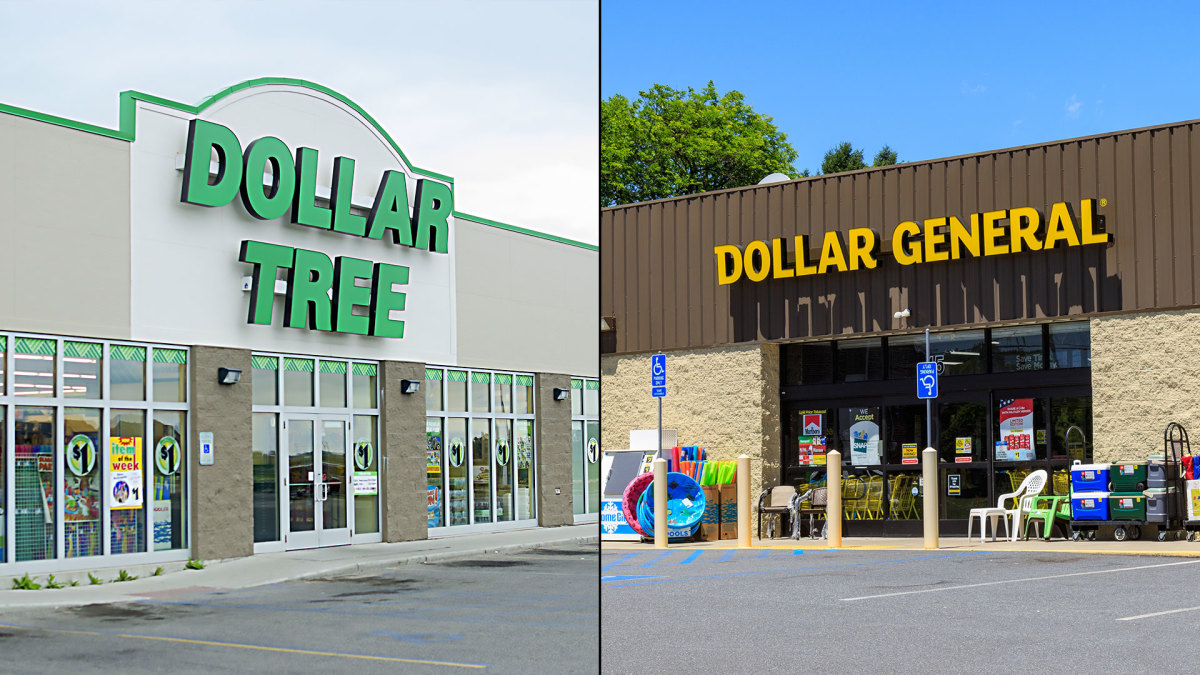
Major retailers nationwide have found a sketchy new way to draw more profit from consumers through a convenient service shoppers love.
A handful of popular retail chains are beginning to charge customers to access their own money through the option to receive cash back when making a purchase, and it's costing shoppers tens of millions of dollars a year, according to a new report from Consumer Financial Protection Bureau.
Related: FTC finally makes a sneaky online shopping tactic illegal
“While retail chains had long provided cash back on debit card purchases for free, the CFPB has found that dollar store chains and other retailers are now charging fees for access to cash,” said CFPB Director Rohit Chopra in the report.
The CFPB found that major retailers such as Dollar General, Dollar Tree/Family Dollar, and Kroger have adopted the practice of charging cashback fees. Dollar General and Dollar Tree charge the highest amount for cash withdrawals under $50.
Dollar General, which has over 20,000 stores across the U.S., charges $1 to $2.50 in cashback fees, depending on the amount being withdrawn and other factors, according to the CFPB. It also found that Dollar Tree charges customers $1.50, while Family Dollar imposes a cashback fee of $1.

Kroger, which owns a handful of retail brands, can charge as little as 50 cents for cash withdrawals under $100, but for withdrawals above that amount, customers can face a fee of up to $3.50.
Retailers are collecting over $90 million in cashback fees annually, and these fees are disproportionately affecting low-income communities where dollar stores are prevalent.
“Many people living in small towns no longer have access to a local bank where they can withdraw money from their account for free,” said Chopra in the report. “This has created the competitive conditions for retailers to charge fees for cash back.”
Dollar General struggles to make a profit
The increase in popularity of charging cashback fees comes during a time when many retailers, such as dollar store chains, are facing a dip in profits as consumers are battling record inflation, a lack of affordable housing and an overall higher cost of living.
More Retail:
- Macy’s store closures may unlock valuable real estate
- Target CEO addresses a growing problem in retail
- Latin America's version of Amazon is taking over e-retail
Dollar General, for example, just revealed in its second-quarter earnings report for 2024 that while its net sales increased by 4.2% year-over-year during the quarter, its operating profit shrunk by a whopping 20.6%, which it claims is partially due to softness in consumer spending.
“While we believe the softer sales trends are partially attributable to a core customer who feels financially constrained, we know the importance of controlling what we can control,” said Dollar General CEO Todd Vasos in the earnings report. “With the evolving retail and consumer landscape in mind, we are taking decisive action to further enhance our value and convenience offering, as well as the in-store experience for our associates and customers.”
Related: Veteran fund manager sees world of pain coming for stocks







